A Comprehensive Guide To Eczema Causes & Treatment
What Causes Eczema?
A Delicate Skin Barrier: “Eczema is a multi-faceted and complex condition, and there are a number of factors that may be behind it. Those with eczema tend to have issues with their skin barrier and to have allergies. It often runs in families, too. Research has shown there is a gene alteration that’s important for keeping a healthy skin barrier. It’s thought there’s a close link between this gene alteration and the development of eczema.” – Dr Anjali Mahto, cosmetic consultant dermatologist
Family History: “Around 70% of those with eczema have a positive family history. If one parent is affected, the risk of eczema is increased three-fold, and if both parents are affected, the risk increases five-fold. Monozygotic twins (same egg) are more likely to be affected by eczema than dizygotic twins (two separate eggs). Eczema risk factors also include being from a higher-income household, living in an urban area, being female if aged over six, and being from a small family.” – Dr Deborah Lee, GP at Dr Fox Online Pharmacy
Being Too Clean: “The ‘hygiene hypothesis’ suggests that rising cases of eczema may be due to a reduction in family size and an increase in personal hygiene and cleanliness. We aren’t exposed to dirt and microbes in the same way we were in the past, which may affect the skin’s microbiome.” – Anjali
A Filaggrin Deficiency: “An abnormal filaggrin gene has been identified in some eczema sufferers. Filaggrin is a protein which acts as a form of scaffolding to hold cells together. When the filaggrin gene is abnormal, skin cells present on the skin’s surface are less well organised and gaps form between cells. The skin becomes ‘leaky’ and this allows allergens and foreign substances to enter. Filaggrin deficiency is common in Caucasians, of whom around 10% carry a loss-of-function filaggrin mutation, leading to a 50% reduction in the production of filaggrin. When the filaggrin mutation is present, eczema is more likely to be associated with other allergic conditions including asthma, peanut allergy, and allergic contact dermatitis.” – Deborah
Gut Health: “Some studies suggest the root cause of eczema is a disturbance within your immune system, and this also points at a connection between gut issues and immunity, as the majority of your immune system lies in your gut. The use of antibiotics plays a part – both in the form of medicine and antibiotics added to battery chicken, pork and beef. For example, one course of antibiotics in babies before the age of one doubles the chance of developing eczema. Poor diet, including processed food and excessive sugar, also factor into the equation.” – Dr Mazin Al-Khafaji, Chinese medicine practitioner & founder of Dermatology M
Emotional Stress: “There’s a strong link between stress and eczema. When we feel stressed, this sets off the hypothalamus-pituitary axis, leading to an outpouring of adrenaline and cortisol. Cortisol suppresses the immune system which can set off or worsen the inflammation in the skin.” – Deborah
How To Treat Eczema Naturally…
Know Your Triggers: “Dietary triggers are very individual. That said, the most common triggers I see in clinic are dairy products, citrus fruits, eggs and wine. Some people have a sensitivity to salicylates, compounds found in fruits and vegetables – including citrus and grapes – that can worsen symptoms. Studies have shown nuts, dairy, wheat and eggs may be a trigger for some eczema sufferers who have a filaggrin deficiency.” – Aliza Marogy, nutritional therapist & founder of Inessa
Know What Works For You: “Skin that is prone to eczema is very fickle, and people vary in their responses to different topical products, so it may take you a while to find a product that works perfectly for you. The number one rule is to not let your skin dry out – keep it well hydrated. If you let eczema persist, inflammation generates more inflammation and the condition will deteriorate.” – Mazin
Use An Emollient: “An emollient – aka an intensive moisturiser – should be used copiously. Apply regularly during the day and at night to keep the skin supple. When the skin gets dry, it cracks open, and allergens can get in and trigger a flare-up. Try using a cream during the day and an oilier ointment at night – ideally one that’s free from allergens, fragrances and preservatives.” – Deborah
Eat Oily Fish Twice A Week: “Omega-3 fatty acids help skin stay healthy by managing oil production. Oily fish such as salmon and sardines contain large amounts of the omega-3 fatty acids EPA and DHA, which convert into anti-inflammatory compounds that help the body to turn off inflammatory reactions when they’re no longer needed. With oily fish being the richest source, aim for at least two portions per week, and consider taking a high dose, pure omega-3 supplement for at least 12 weeks.” – Aliza
Top Up Mineral Levels: “The mineral zinc is involved in collagen synthesis, which helps keep skin healthy. Both zinc and selenium play an important role in normal immune function, supporting healthy inflammation levels, skin cell turnover and barrier repair. Find these minerals in red meat, poultry, oysters and other seafood, as well as beans, pulses, nuts and wholegrains. Switching from white rice to brown will help to support your intake of selenium, zinc and fibre, and rice tends not to be a trigger food for eczema sufferers.” – Aliza
Stock Up On Vitamins A & C: “Both vitamins are known to support healthy skin and reduce the activity of harmful free radicals, which can cause inflammation. The anti-inflammatory nature of vitamin A has been shown to be effective in treating eczema, while vitamin C is needed to build collagen, which strengthens the skin.” – Aliza
Get Vitamin D Levels Tested: “Vitamin D is a key nutrient for managing eczema. Studies consistently show having low levels increases the risk of inflammatory disorders, including eczema, and that supplementing makes a significant difference. You can find small amounts of vitamin D in food, but sun exposure and supplementation are the best ways to ensure your levels are within the optimal range.” – Aliza
Take Probiotics: “One probiotic strain – lactobacillus rhamnosus GG – can make a real difference when it comes to treating eczema. Research is still ongoing, but it appears a higher-dose multi-strain probiotic product is most effective.” – Aliza
Dial Down The Heat: “If you are struggling with eczema patches on the body, consider switching your detergent to one that is mild, fragrance-free and as natural as possible. You may also find it helpful to do an extra rinse to eliminate all traces of detergent. Heat and sweat can also be a trigger, so if you find intense exercise aggravates your skin, dial down the intensity and avoid hot baths and saunas if experiencing a flare-up.” – Aliza
Have A Cooler Shower: “In everyday life, our skin barrier is up against many things that are out to damage it. One of the biggest culprits is your long, hot morning shower. To avoid aggravating your eczema, always adjust the water temperature to lukewarm. Once out, pat your skin with a soft towel and apply moisturiser while it is still damp.” – Douglas McGeorge MBE, founder of Science of Skin
Chat To Your GP: “Eczema is often confused with psoriasis, so it’s important to see your GP to get a proper diagnosis so you can treat the condition accordingly. Your GP will be able to prescribe you topical medications like steroids while anti-histamines can also be taken to relieve itchiness.” – Douglas
How To Deal With A Flare-Up…
Get On Top Of Stress & Sleep: “A lack of sleep can worsen eczema, plus eczema sufferers are often sleep deprived. When you have an eczema flare-up, you need to rest and not push yourself too hard. Try to find ways to destress – yoga, mindfulness, acupuncture, massage and hypnotherapy can all help.” – Deborah
Use A Wet Wrap: “After a bath or shower, use an emollient liberally then wrap the area in a wet gauze or towel. When you’ve done this, put a warm layer on top such as tracksuit bottoms or a hoodie. Keeping the skin damp helps it to stay well-hydrated and assists healing.” – Deborah
Avoid Itching: “Easier said than done, but try not to itch. Repeated scratching not only makes skin more inflamed, it can also break the skin which increases the risk of scarring and infection. Keep skin moisturised and carry a mini tub of cream in your bag for emergencies on the go. If your favourite cream doesn't come in a smaller size, think about decanting it into a refillable travel container.” – Douglas
For more information, visit DrAnjaliMahto.co.uk, DoctorFox.co.uk, ScienceOfSkin.com, InessaWellness.com & Dermatology-M.com.
SHOP THE EXPERT'S EDIT
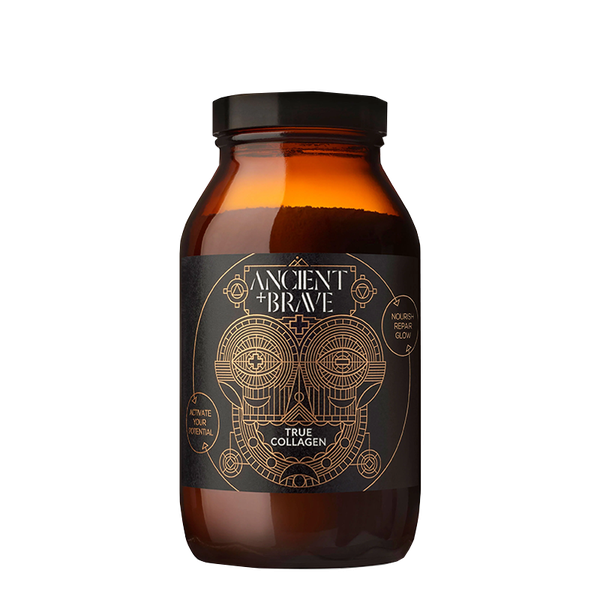
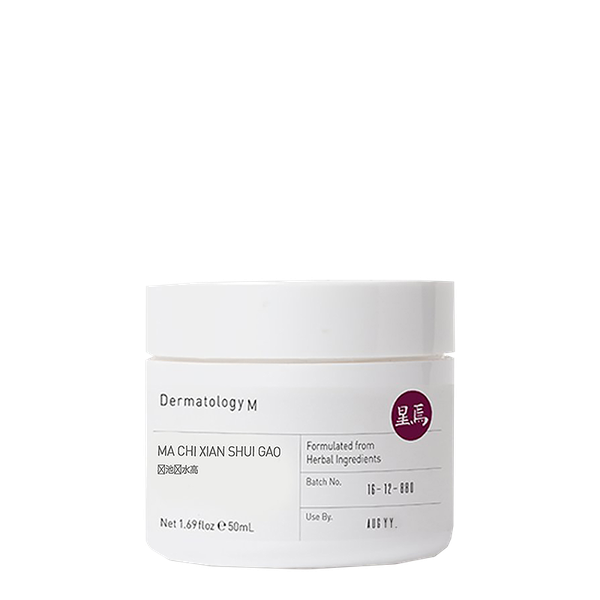
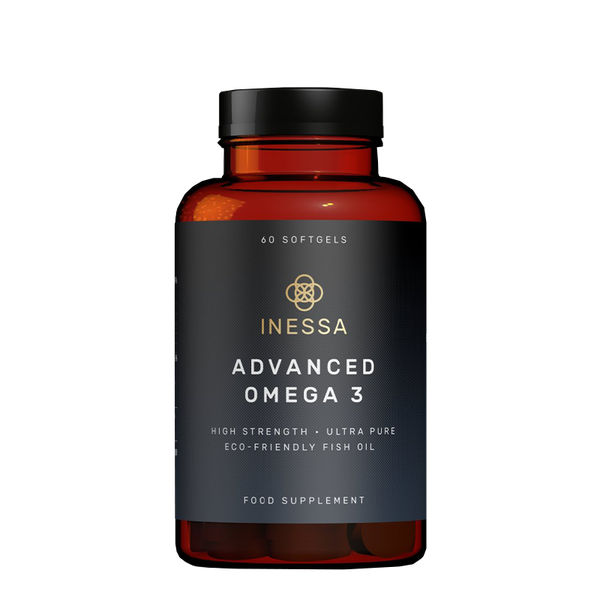
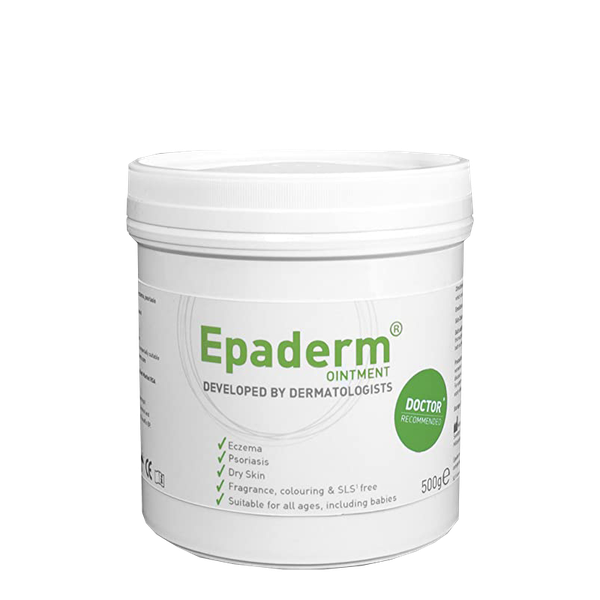
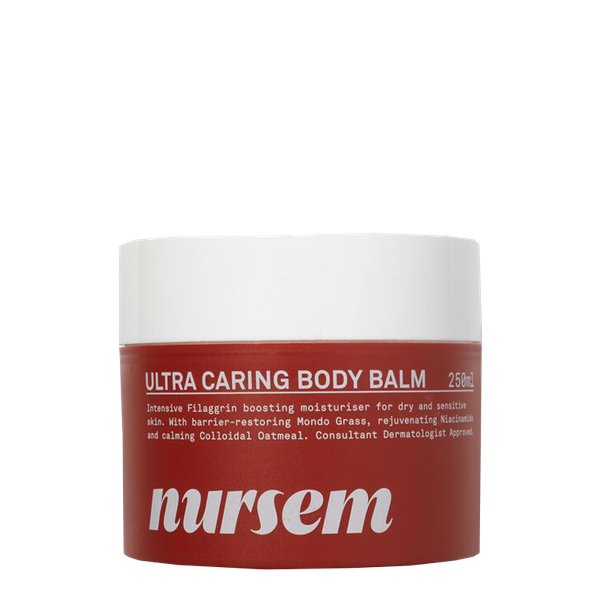
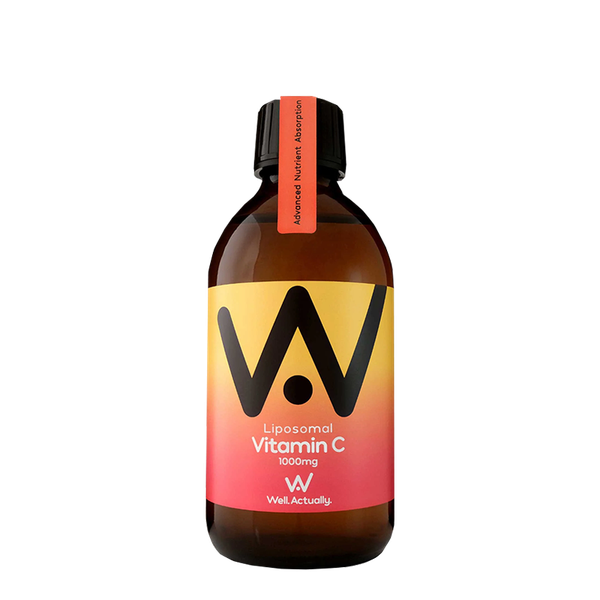
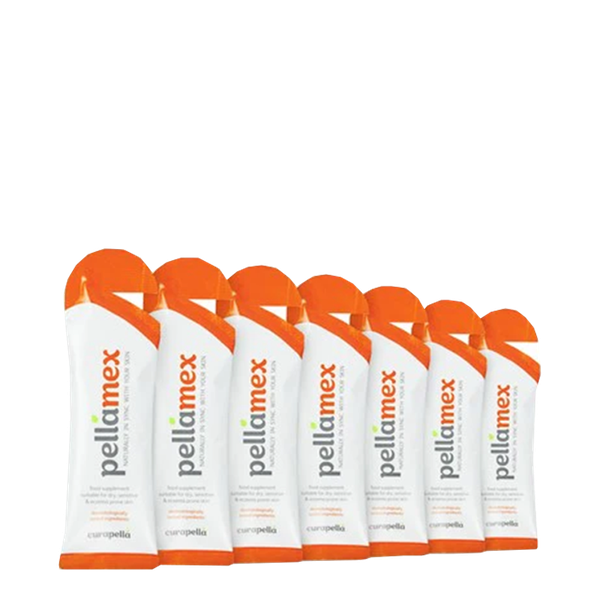
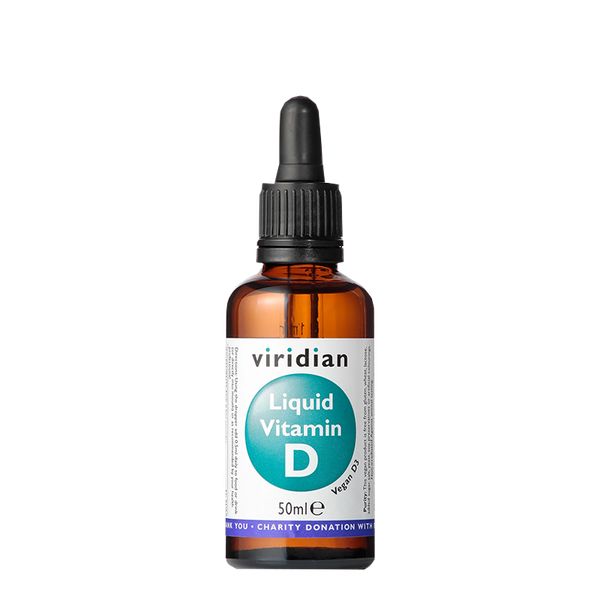
DISCLAIMER: Features published by SheerLuxe are not intended to treat, diagnose, cure or prevent any disease. Always seek the advice of your GP or another qualified healthcare provider for any questions you have regarding a medical condition, and before undertaking any diet, exercise or other health-related programme.
DISCLAIMER: We endeavour to always credit the correct original source of every image we use. If you think a credit may be incorrect, please contact us at info@sheerluxe.com.


